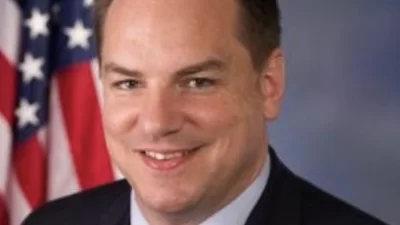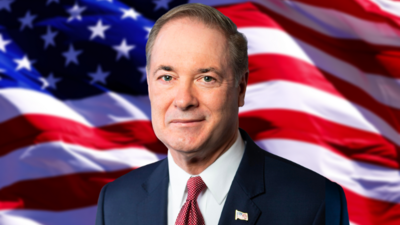Today, Rep. Carolyn B. Maloney, Chairwoman of the Committee on Oversight and Reform, released the following statement after Mazars USA reportedly severed ties with the Trump Organization:
“Mazars’ letter is further confirmation of what has long been suspected: former President Trump’s claims about his shady financial dealings simply cannot be trusted. The decision by Mr. Trump’s own accounting firm to fire him as a client and disavow a decade of his financial statements underscores the urgency of the Oversight Committee’s ongoing investigations into Trump’s conflicts of interest, his D.C. hotel lease, and the emoluments he received while in office. As the Committee revealed in October, Mr. Trump used misleading financial statements that were also compiled by Mazars to apply to lease the Old Post Office Building from the federal government—a deal that led to serious conflicts of interest and could net Trump millions in profits from a planned sale to private investors.”
Background:
At the beginning of the 116th Congress, the Oversight Committee launched several investigations of former President Trump’s conflicts of interest, inadequate financial disclosures, and violations of the Emoluments Clauses in order to determine the adequacy of existing laws and perform related executive branch oversight.
On February 27, 2019, the former President’s personal attorney, Michael Cohen, testified before the Oversight Committee. He alleged that President Trump’s financial statements falsely represented the President’s assets and liabilities and that President Trump “inflated his total assets when it served his purposes” or, at other times, “deflated his assets to reduce his real estate taxes.”
As corroboration, Mr. Cohen produced portions of financial statements from 2011, 2012, and 2013—some of which were prepared by Mazars—which raised questions about President Trump’s representations on these forms and other financial disclosure documents, particularly relating to the President’s debts. Mr. Cohen also produced checks from President Trump and his business trust, some of which were signed after Trump became President, and Mr. Cohen testified that these payments were reimbursements of illegal hush-money payments made during the 2016 campaign.
On March 20, 2019, Chairman Elijah Cummings sent a letter to Mazars seeking key financial documents relating to these and other allegations, and on April 15, 2019, the Oversight Committee issued a subpoena to Mazars seeking four targeted categories of documents.
On May 20, 2019, after President Trump and his businesses filed a lawsuit seeking to prevent Mazars from complying with the Committee’s lawful subpoena, the D.C. District Court issued a ruling vindicating the authority of the Oversight Committee to investigate issues concerning the President and his companies. This ruling was upheld by the D.C. Circuit Court of Appeals, and the full D.C. Circuit rejected Trump’s petition for en banc review.
On July 9, 2020, the Supreme Court issued its decision in Trump v. Mazars USA, LLP. The Supreme Court’s opinion reaffirmed the bedrock principle in our democracy that no one—not even the President—is above the law and announced a new standard for evaluating congressional subpoenas for the President’s personal information. The Supreme Court remanded the case to the lower courts to apply the new standard.
On October 8, 2021, the Committee sent a letter to GSA detailing new concerns about former President Trump’s lease for the Trump Hotel in Washington, D.C. after documents released by the Committee showed his failure to disclose significant losses and debts in public filings and lease documents, and his conflicts of interest as President.









